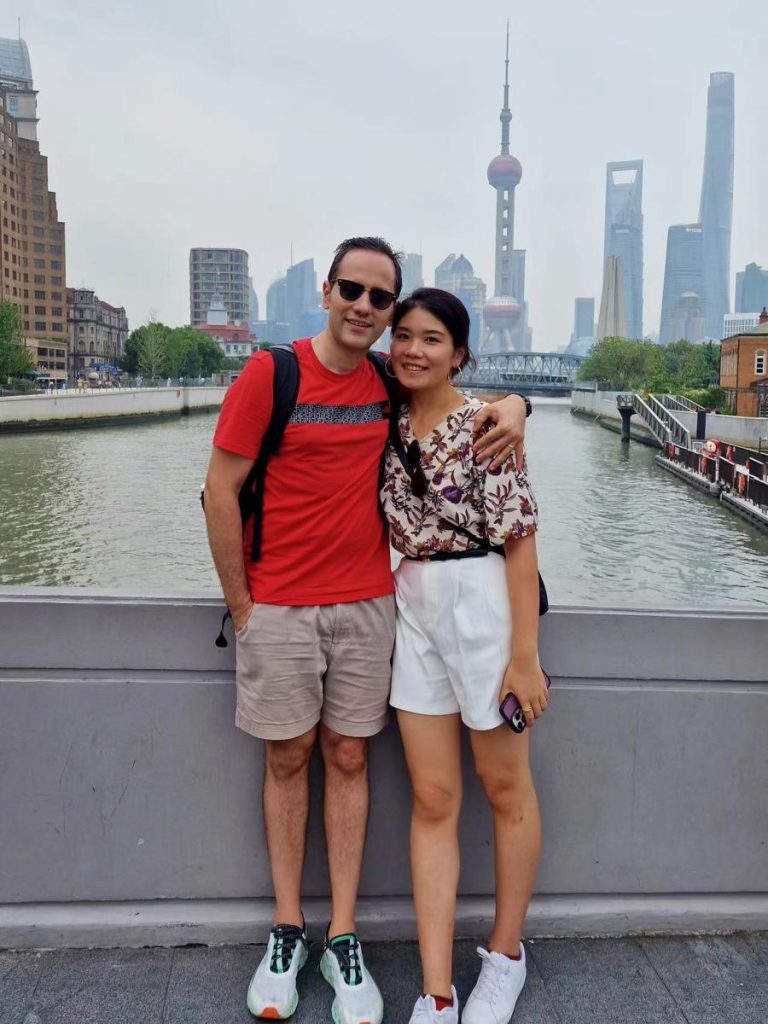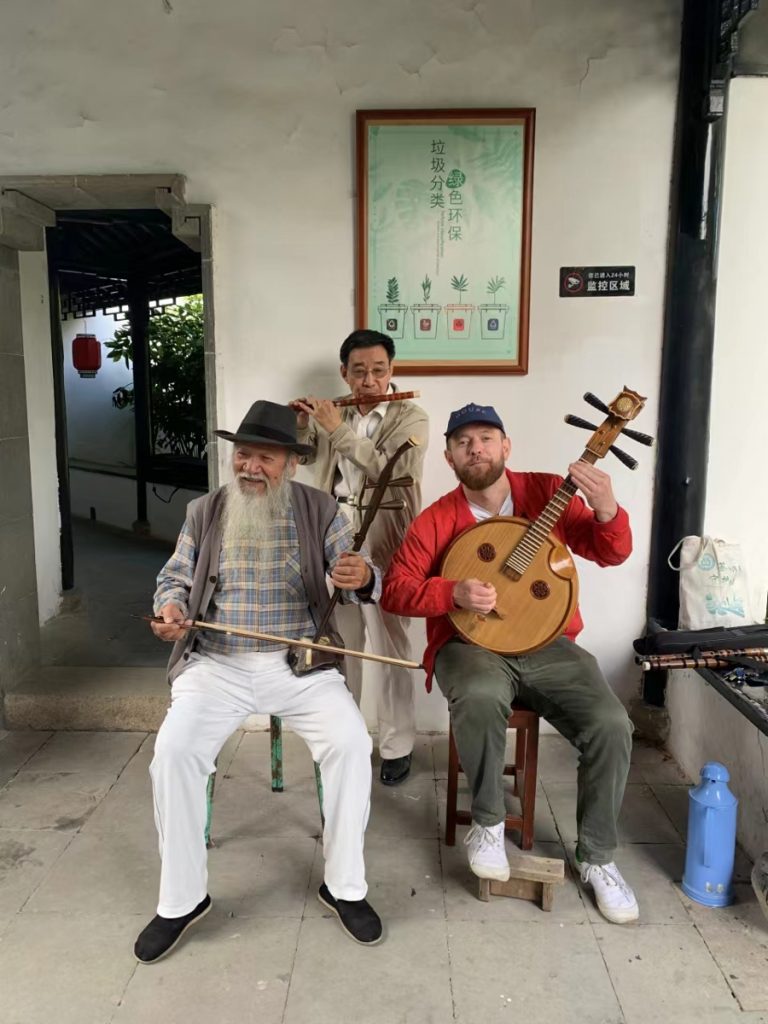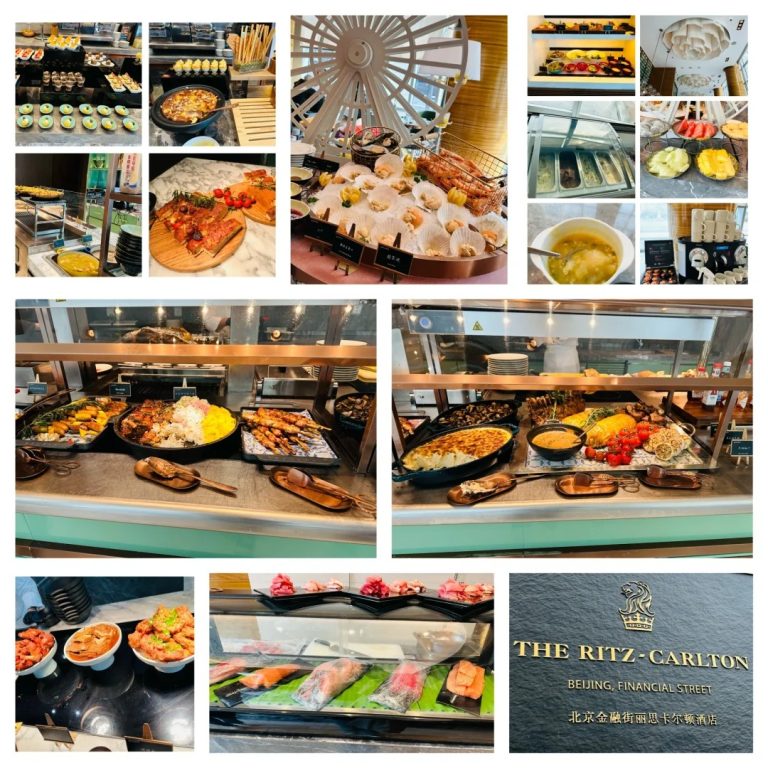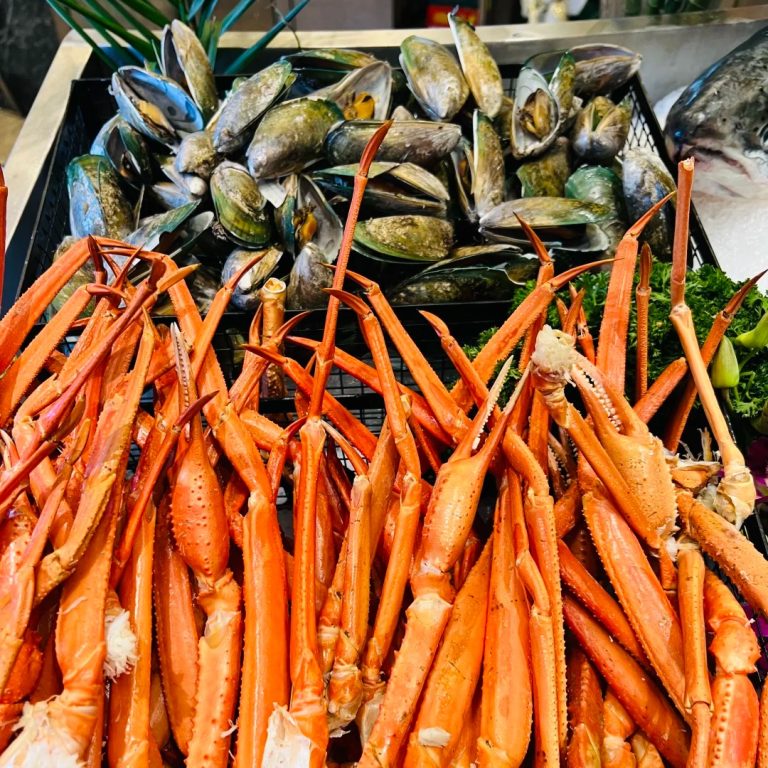How Do Inbound Tourists Perceive Shanghai?
This year, China has introduced a series of measures to optimize the development of inbound tourism, including temporarily waiving fingerprint collection for eligible applicants, reducing the content to be filled in on visa application forms for foreigners, and implementing a one-year unilateral visa-free policy for ordinary passport holders from six countries: France, Germany, Italy, the Netherlands, Spain, and Malaysia. These measures have accelerated the recovery of inbound tourism.
According to data from the Shanghai Municipal Administration of Culture and Tourism, in the first three quarters of this year, Shanghai received 2.299 million inbound tourists. The level of recovery of inbound tourism is among the top in the country, and Shanghai’s role as the first stop for inbound tourism in China is becoming increasingly prominent.
Over the past year, what aspects of Shanghai did inbound tourists like the most, and what areas do they hope to see improved? In the eyes of some inbound tourists and industry practitioners, Shanghai is a colorful and vibrant city with endless leisure options. However, there are still areas that need further improvement, such as the difficulty of mobile payment and the relatively limited availability of English-language tourism information.
Favorite Aspects of Shanghai
Rich Culinary Scene and Efficient Subway System
Before her first visit to Shanghai, Le Gexi from Rennes, France, had the impression that Shanghai was a city full of skyscrapers but with few places related to history and culture. Compared to cities with distinct historical and cultural features like Beijing and Xi’an, Shanghai seemed more like an international metropolis like New York or London.
In 2015, Le Gexi became a student in the Chinese Department at Fudan University and gradually got to know Shanghai. She realized that her initial impression was “completely wrong”: “Shanghai does have many modern buildings, but it also has a very traditional side. Local cultures such as Shanghainese cuisine, narrow alleys, and shikumen architecture require visitors to explore and experience them carefully.”
Now, Shanghai has become Le Gexi’s “second hometown,” and she has become one of the seven “Shanghai International Tourism Image Public Promoters” certified by the Shanghai Municipal Administration of Culture and Tourism.

The aspect of Shanghai that Le Gexi likes the most is the city’s high degree of inclusiveness. Whether it is the interweaving of old and new architecture, the diverse food options, the colorful people living here, or the various events happening every day, the city is full of vitality and dynamism. She also emphasized: “The citizens of Shanghai are very friendly. Whether it is asking for directions or other matters, they will be very enthusiastic in helping foreign tourists.”
Marco Gioffre, a math teacher from Zurich, Switzerland, visited China for the first time in September with his girlfriend, touring cities such as Shanghai, Hangzhou, and Xi’an. “Shanghai is very modern and clean. I particularly like the well-developed subway system and strong infrastructure, which allows convenient access to various trendy districts for sightseeing.”
Marco and his girlfriend took a photo on the Suzhou River at Zhapu Road Bridge. Photo provided by the interviewee.
In November, Angus from Australia visited Shanghai for the first time. In addition to enjoying the rich and delicious local food, he also admired the beautiful park spaces scattered throughout the city, saying, “The exploration of this city seems endless.”
Not surprisingly, almost every foreign friend interviewed was impressed by Shanghai’s food. When wandering through the streets, Le Gexi sometimes would go into a narrow alley for a bowl of affordable noodles, and sometimes enjoy a relatively luxurious brunch in a commercial district.
Angus particularly loves local delicacies such as Shanghai soup dumplings and pan-fried dumplings. He is also very interested in local markets, enjoying the process of buying fresh produce and then cooking various dishes with his girlfriend at their accommodation. “Before coming to Shanghai, I thought the prices of restaurants here would be more affordable than in Australia, but in fact, they are quite similar,” Angus added.
Expectations for Improvement
Despite Shanghai’s top-notch infrastructure and convenience, there are still inconveniences for foreign tourists who are new to the city.

For example, mobile payment, which is easy for most Chinese people, has become a hurdle for foreign tourists. “Since I don’t have a Chinese bank card bound, I can’t use WeChat or Alipay. If I use cash, change can often be a problem,” said Marco Gioffre, who mostly relied on friends to help with payments during his trip in China. Angus encountered the same issue, saying, “During my trip in China, I only saw one local person using cash for payment.”
Similar to this, some foreign tourists who are unaware that hailing a taxi in Shanghai largely depends on ride-hailing apps still try to hail a taxi by waving their hand, which naturally makes it difficult to get a ride; or they are unable to complete mobile payments after taking a taxi.
More foreign tourists hope that before their journey begins, they can see more travel information and promotions related to China in their home country for reference.
“When I was in Australia, I rarely saw Chinese travel advertisements. In comparison, there is much more travel information from other Asian countries like Japan,” Angus mentioned. Given China’s vast territory and the difficulty of visiting all at once, he hopes to see more recommended routes from China overseas to help independent travelers plan their trips. After arriving in China, tourists also need more English-language mobile applications to provide information on local attractions, food, and activities.
Awareness of Inbound Tourism Facilitation Measures Needs to Be Enhanced
In fact, in response to the problems encountered by inbound tourists from abroad and the Hong Kong, Macao, and Taiwan regions, China has made improvements in multiple aspects this year. Especially after the simplification of visa procedures and the introduction of visa-free policies for citizens of some countries, the difficulty of visa issues has significantly decreased.
Marco Gioffre, a seasoned inbound tourism practitioner and vice president of Jinjiang Travel, told reporters that in his experience, the visa-free policy for citizens of six countries—France, Germany, Italy, the Netherlands, Spain, and Malaysia—is unprecedented in its scope and has had an immediate impact. “These six countries are all major source countries for inbound tourism to China. After the visa-free policy was announced, many foreign travel partners immediately began adjusting their plans for group tours to China in 2024. Some travel agents doubled their planned numbers, while others tried to book more flights in advance.”
Xu Annie, a Shanghai cultural communicator who has received many inbound tourists, told reporters that after the visa-free policy was introduced, some of her friends in Europe have already included China in their travel plans. She expects 2024 to be a big year for inbound tourism, which is worth looking forward to.
The Shanghai Municipal Administration of Culture and Tourism has certified seven “Shanghai International Tourism Image Public Promoters,” with Le Gexi being one of them. Photo provided by the Municipal Administration of Culture and Tourism.
In terms of improving the payment environment for inbound tourists, Alipay has provided support in various ways before the Asian Games. Foreign users can download and register Alipay and bind their international cards from major card groups, such as Visa, Mastercard, JCB, Diners Club, and Discover. After that, they can conveniently make mobile payments in China, which can be used for taking public transportation, hailing taxis, booking hotels, and flights, among other scenarios.


